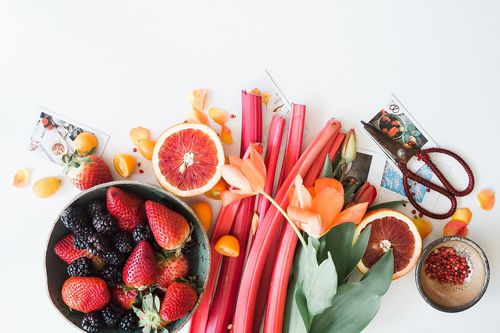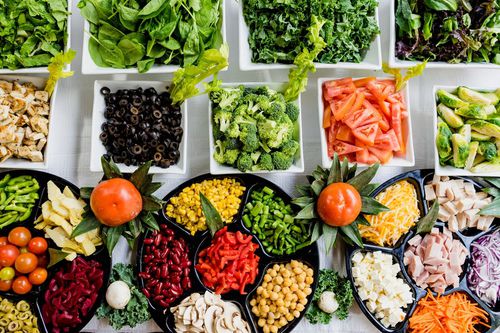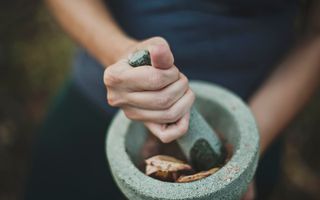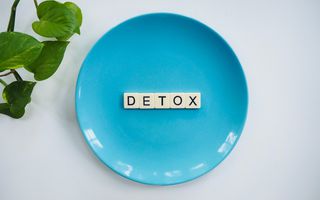What is Colon Irrigation?
Colonic irrigation is a type of complementary medicine that uses filtered warm water to cleanse the colon in a gentle, painless and effective manner. A speculum will be inserted into your anus by the colon therapist, allowing a thin tube to be passed into your rectum. Warm water then passes through this tube and into the rectum, where it enters the colon. This procedure eliminates any faeces, mucus and toxins that have accumulated in your colon over time.
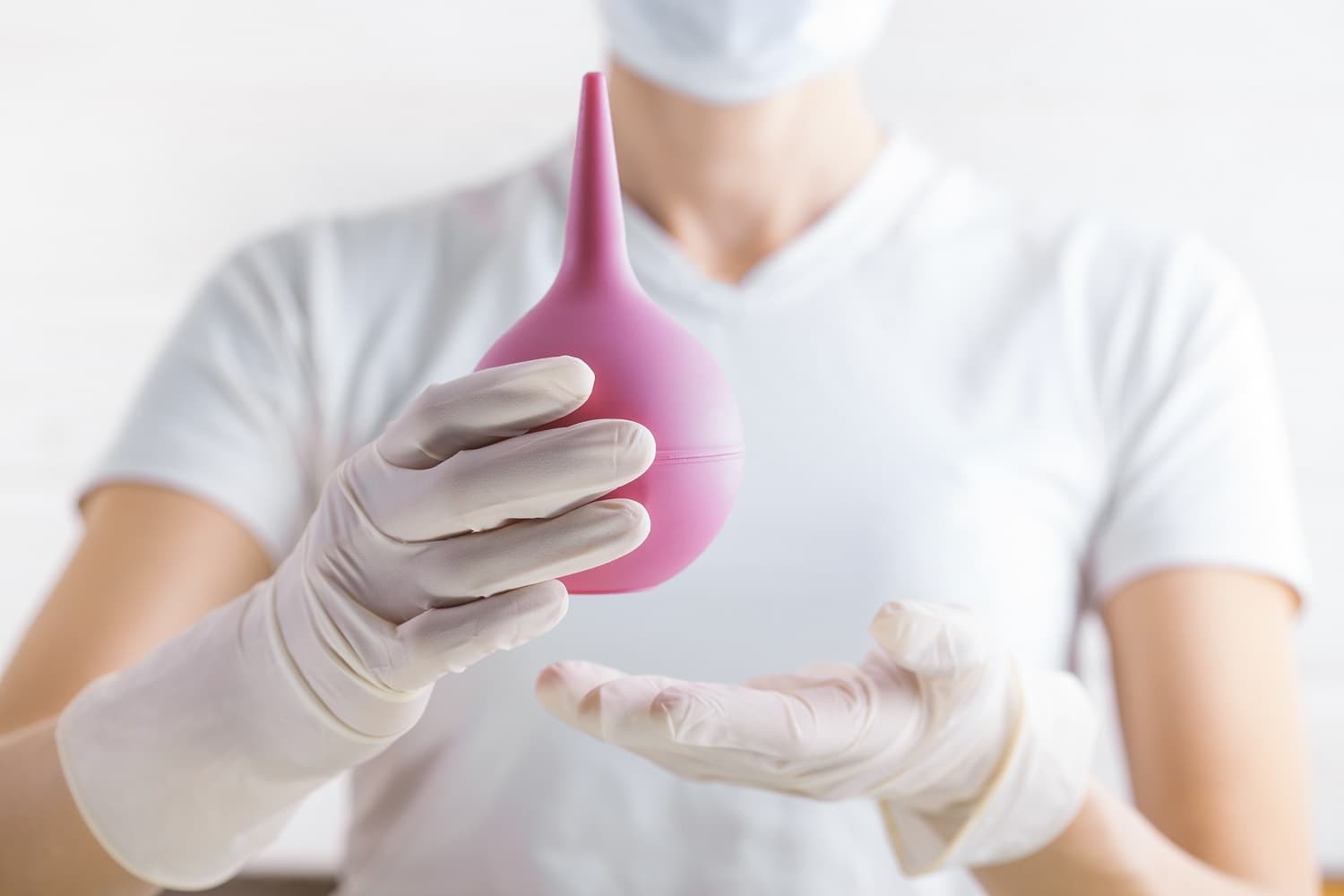
What are the Benefits of Colon Irrigation?
Many of the benefits of colon cleansing are believed to be due to reducing bowel and toxin build-up. The more toxins that are accumulated in your body, the higher the possibility of diseases, such as cancer, occurring. Colon irrigation helps to clear out the colon, which reduces the risk of colon cancer, supports weight loss, improves skin clarity and addresses a host of other health issues, including:
- Constipation
- Diarrhoea
- Headaches
- Irritable bowel syndrome (IBS)
- Allergies
- Bloating
- Flatulence
- Acid reflux
- Parasites
- Indigestion
- Asthma
- Oedema
- Arthritis
- Fatigue
- Eczema and other skin conditions
How Much Does Colon Irrigation in Bendigo Cost?
A colon irrigation session in Bendigo will cost anywhere from $120 to $500 depending on your treatment plan and how many sessions you receive. When you book multiple sessions at once, most clinics give a discount on the standard cost of a single treatment.
How Many Colon Hydrotherapists Work in Bendigo?
While researchers have yet to determine the exact number of colon hydrotherapists working in Bendigo, many health professionals include colon irrigation in their standard practice. Massage therapists, naturopaths and some medical professionals, such as nurses and doctors, are among those on the list.
How Many Bendigo Residents Use Colon Irrigation?
Because practitioners of colonics are bound by a confidentiality clause and cannot share patient information, statistics on the number of Bendigo residents who utilise colon irrigation are difficult to obtain. However, according to research, roughly 15% of people with chronic constipation undergo colonic treatments more than once a year.


